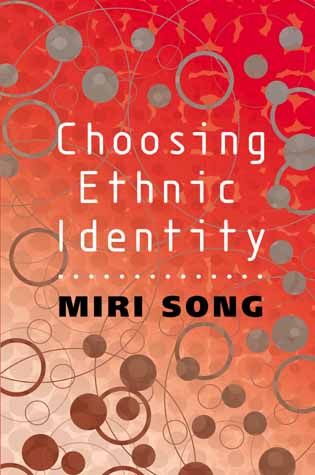Mixed Race MarriagesPosted in Articles, Barack Obama, Census/Demographics, New Media, Politics/Public Policy, Social Science, United States on 2009-11-04 20:08Z by Steven |
The Milken Institute Review
Second Quarter 2009
William “Bill” H. Frey, Senior Fellow in Demography/Senior Fellow in Metropolitan Policy
Milken Institute
Brookings Institution in Washington
While Barack Obama’s election was a signal event for many reasons, the fact that Americans chose someone of mixed race isn’t quite as startling as it first appears. New Census data show that 7.7 percent of marriages in 2007 were of mixed race – nearly twice as many as in 1990. The ongoing infusion of immigrants combined with more tolerant public attitudes have taken us a long way since 1967, when the Supreme Court finally barred race-based restrictions on marriage…
…Variance across states is striking. Hawaii, where three in 10 marriages are interracial, leads; New Mexico and other intermountain West states follow. At the other end of the spectrum: Mississippi, along with Vermont and Maine – two states with very small minority populations. Note, however, that many of the states with a low incidence of intermarriage are now experiencing surges, suggesting that intermarriage is leaping regional barriers…
Read the entire “Charticle” here.

